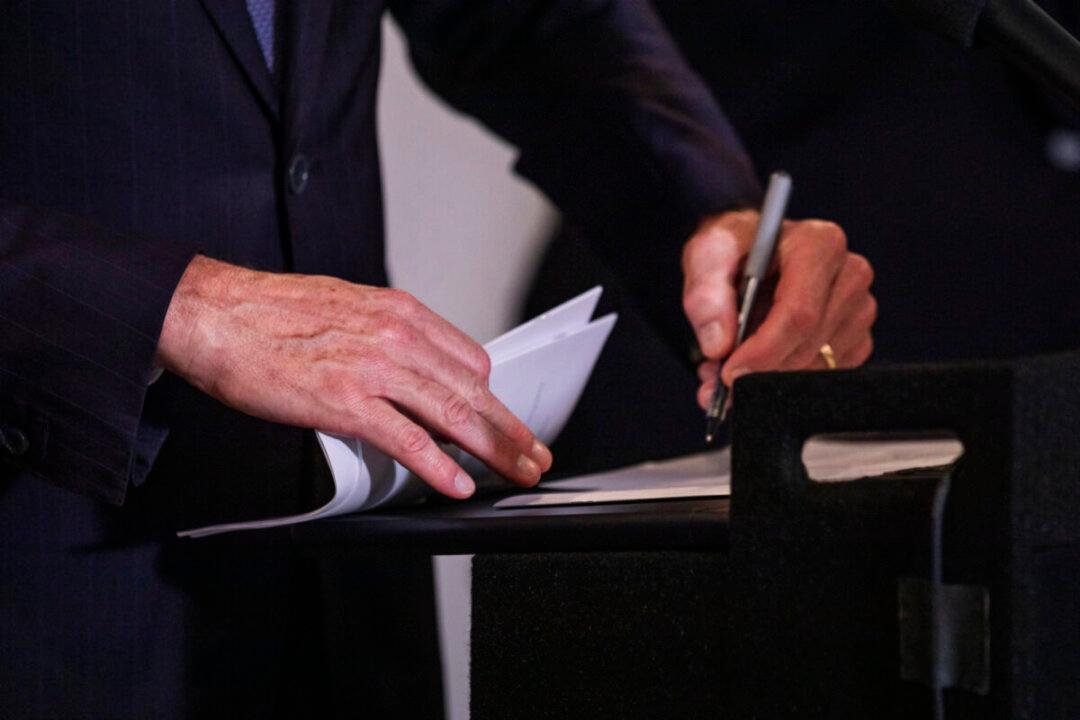SACRAMENTO, Calif.—In a deal between Gov. Gavin Newsom and state lawmakers, California is expected to pass another mandatory COVID-19 paid sick leave package for businesses with more than 26 employees, retroactive to Jan. 1. 2022.
Senate Bill 114 passed the state Assembly on Feb. 7, while a mirror version of the legislation, Assembly Bill 84, is making its way through the state Senate.





